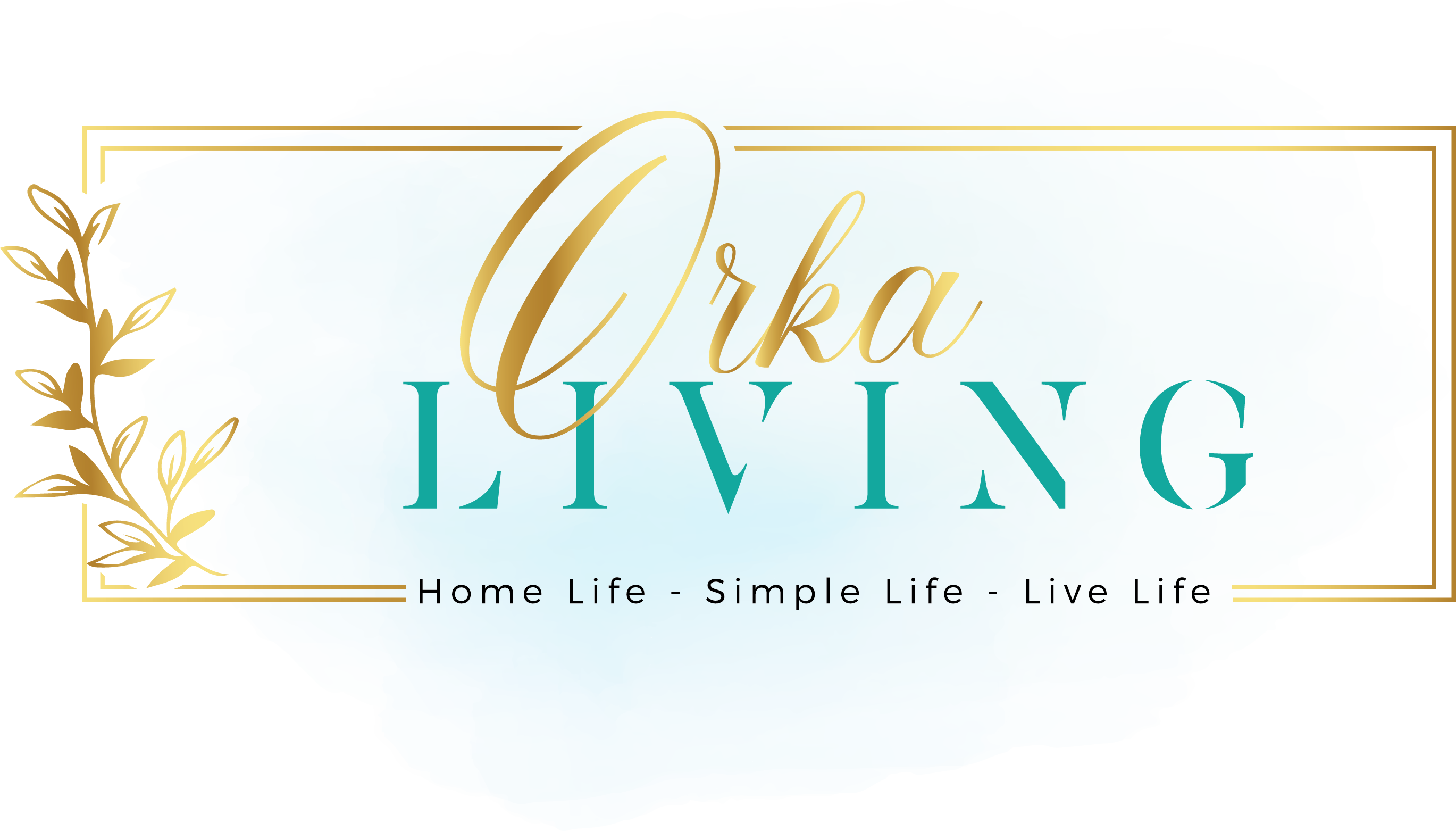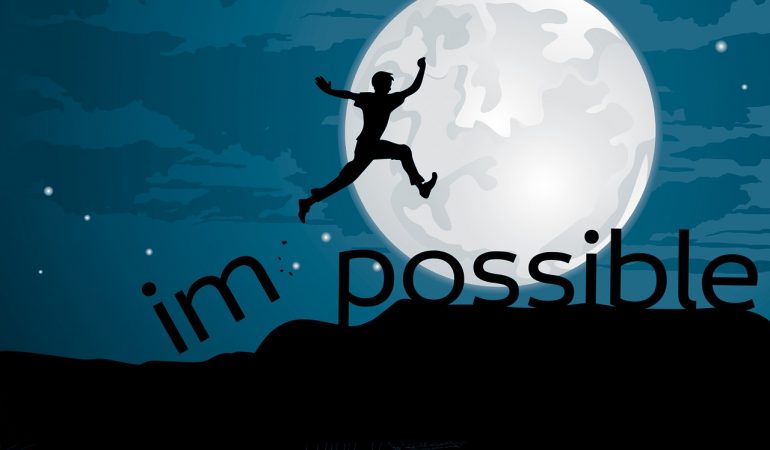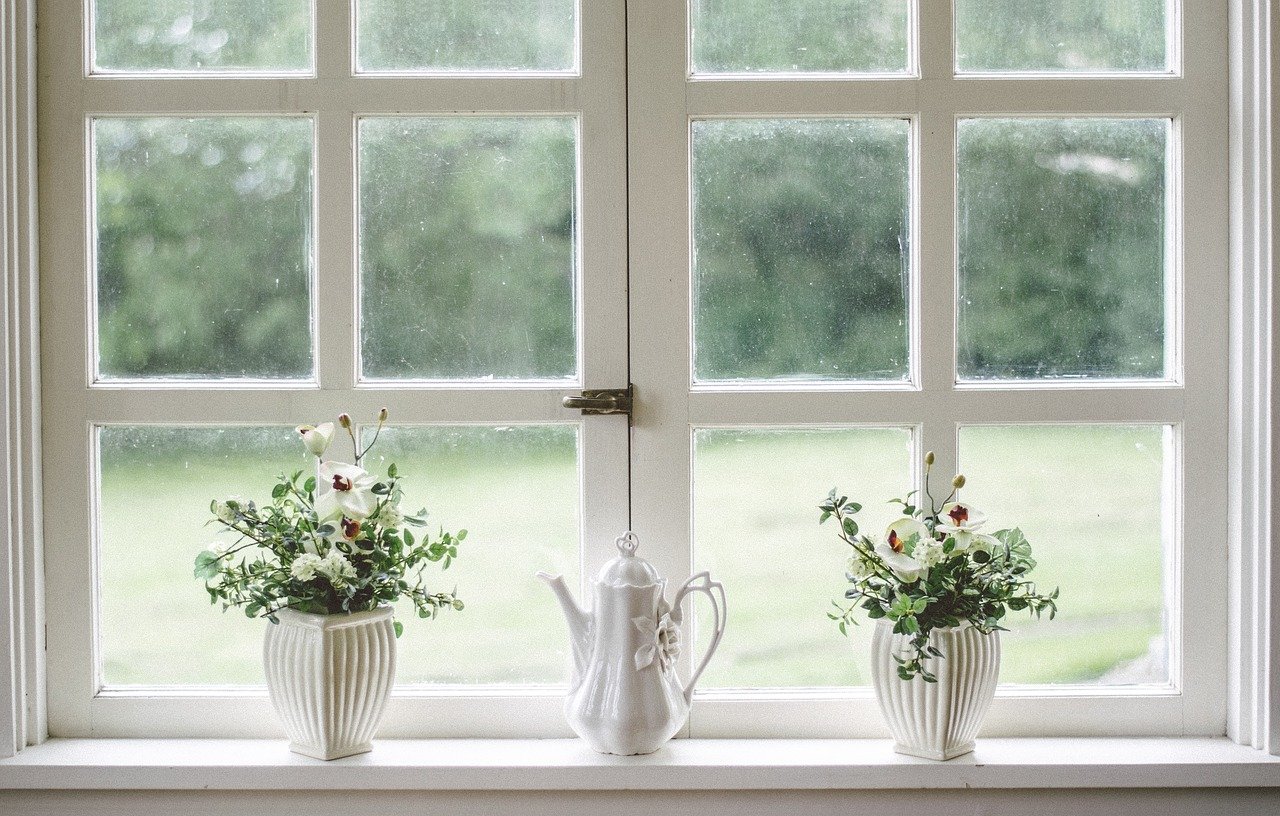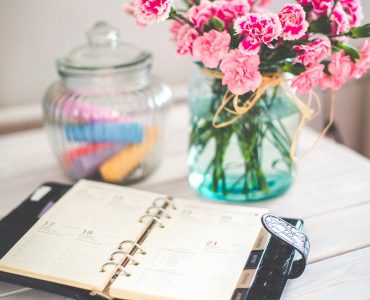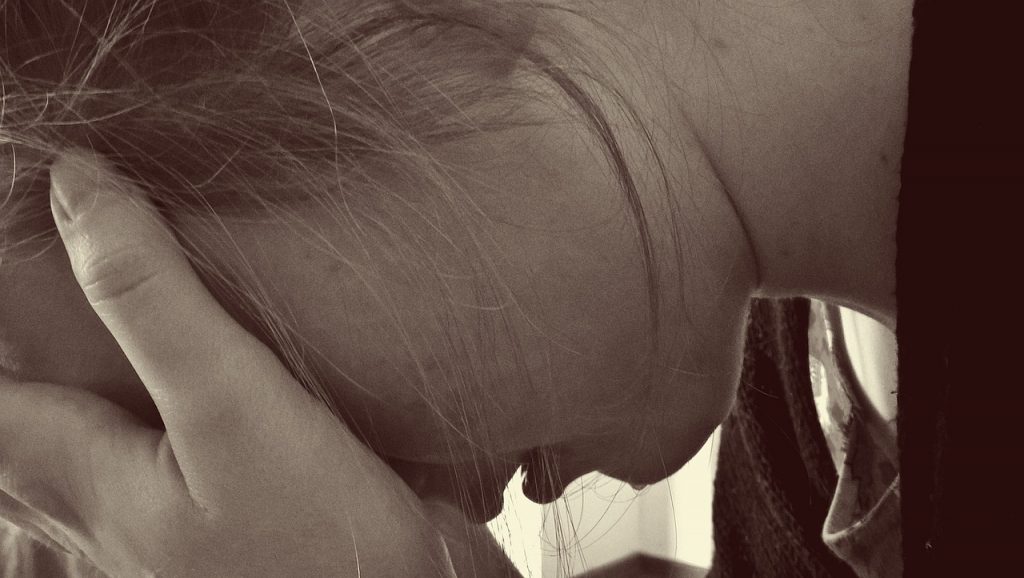
Often our lives get overrun with weeds that look a lot like plants. These might be good things, but if they are chocking the life out of the things that matter the most, they are weeds. If you want your plants to thrive, you must pull the weeds.
Joshua Becker
For as long as I can remember, the changing of the clocks mark the start of longer days, the sun starts to shine again and new life blooms in the garden. We get out our marigolds, collect our bin bags and set out to deep clean the house in a bid to welcome in the new season.
And why not? Spring is full of new beginnings, new life, and it feels right to want to freshen up our spaces so that we are ready for new adventures.

But I would like to ask you, if you look around your space, can you pop on your marigolds, grab your cloth and cleaner and set straight to cleaning? Or, do you need to clear all the clutter that has built up before you can find a surface to actually clean? For many of us that is the norm, and that is ok.
However, if you have clicked onto this post to read it, I am guessing that it’s not feeling that ‘ok’ for you and that you would really like to not have to dig through the clutter to be able to freshen up your space.
Do you dream of a time when your space and your mind is clear, and you can just get on with the things that you actually want to do?
Why not start now? This last week, 20th – 26th March 2023, marked The Association for Professional Organisers and Declutterers, annual Spring Clearing Week.

Now, you haven’t misread that, I did put CLEARING and not CLEANING!
Myself and Professional Organisers across the UK will be raising awareness throughout the week about how you can improve your space, mind and mood for better mental health. And let me let you into a little secret, you don’t have to have poor mental health to improve your mental health. No matter where your mind is from day to day, there are always things that you can do to simplify your daily routine and carve out more time and space for yourself.
Edit your life frequently and ruthlessly. It’s your masterpiece after all.
Nathan W Morris
Investing in yourself is one of the best things you will ever do!
Mental Health UK notes that “1 in 4 people in the UK has experienced a mental health problem”, and as the years go on, the conversation about mental health is at the forefront of many people’s minds. It is no secret that following on from the COVID-19 pandemic, many people have seen a decline in their mental health. When our physical spaces and our minds become cluttered it can impact our mental well-being in many different ways.
Clutter is not just the stuff on your floor – it’s anything that stands between you and the life you want to be living .
Peter Walsh
In fact, clutter has a lot to answer for. As piles of ‘stuff’ start to increase so can stress and anxiety levels as we reach a status of ‘stuffocation’. This is the point at which James Wallman describes in his book, Stuffocation: Why We’ve Had Enough of Stuff and Need Experience More Than Ever, as ‘the feeling of being oppressed by one’s ungovernable heap of belongings’.

What is clutter?
‘Clutter’ is very much the buzz word of the moment but let me break down it’s meaning for you into two simple categories. People tend to have what is referred to as ‘situational clutter’ or ‘self-imposed clutter’.
Situational clutter may be the build of stuff due to your current circumstances. For example, moving house or the loss of a loved one; these are situations that mean you unexpectedly have a lot more stuff than you normally would have.
Self-imposed clutter on the other hand is the build-up of stuff based on the decisions you are making, or possibly not making on a daily basis. This might be the decision to bulk buy items, purchasing sale items to get a good deal, or resorting to retail therapy when you are feeling down. Simply, by not having effective systems and habits in place, it is easy for the piles to grow. Unfortunately, clutter breeds clutter and results in a barrier between the current you and the best version of you.
Clutter doesn’t just occupy the house in which you live, it occupies your mind.
Avina Celeste
As a Professional Organiser, I am here to help my clients make the best use of their space and time, physical and mental.
How do you take the first step to declutter?
Before you tackle a space, it is essential to get yourself into the zone, to have a positive mindset towards what you are about to take on and to be committed.
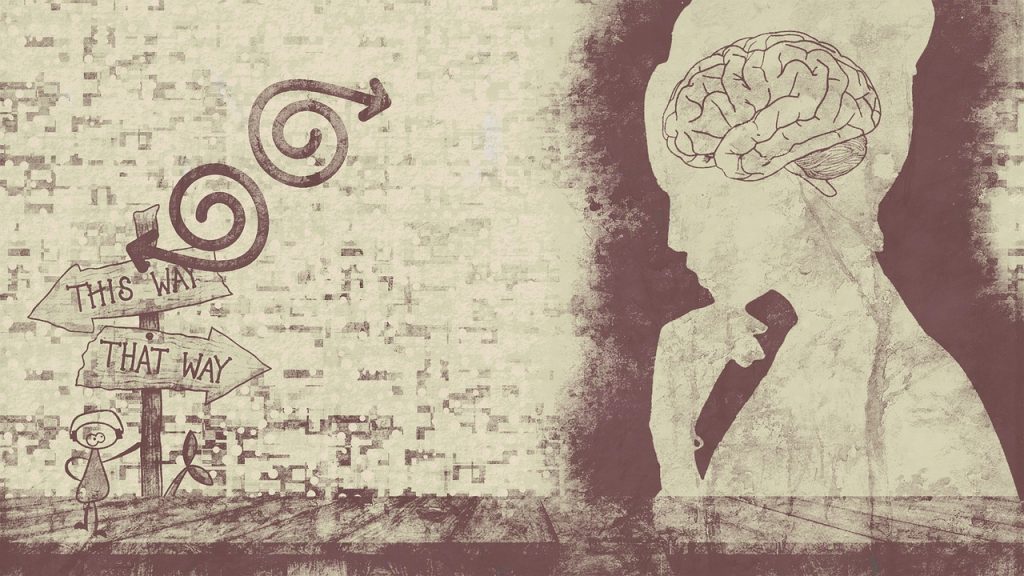
My 5 top tips for building good habits and simplifying your life.
- Visualise who you want to be and what you want your space to look like. Be that person, have that space!
- Be mindful of your shopping habits. Ask yourself before you hand over the pennies, is this really going to add value to my life? Do I really need it?
- Be mindful of your keeping habits. Again ask yourself, is this adding value to my life or taking up valuable space?
- A place for everything and everything in its place. Make sure every item has a home. When you are finished with an item return it to its home.
- Build an external brain. By using systems including notebooks, apps, trackers etc, you can release your brain of all the information that is clogging it up. With the right systems and tools, the information can be held safely and can be accessed when needed.
- Have a daily routine. Build in a routine to your day. By building regular daily habits you are more likely to stick to them and know what you need to do when. As a resut you can release the information overload on your brain.
The best way to find out what you really need is to get rid of what we don’t.
marie kondo
There can be so many reasons for why our homes can become overrun with ‘stuff’, but the impact of the growing clutter seems to follow a similar trend. Clutter triggers stress, we don’t know where to start so we put off dealing with it until another day. But in that time, the piles continue to grow. We hit a state of decision paralysis and it all becomes mentally and physically overwhelming. We are at a loss with what to do.
Barbara Hemphill describes clutter as ‘postponed decisions.’
By making the decision to take action today, you can change the results.
Don’t let the clutter be what is holding you back.
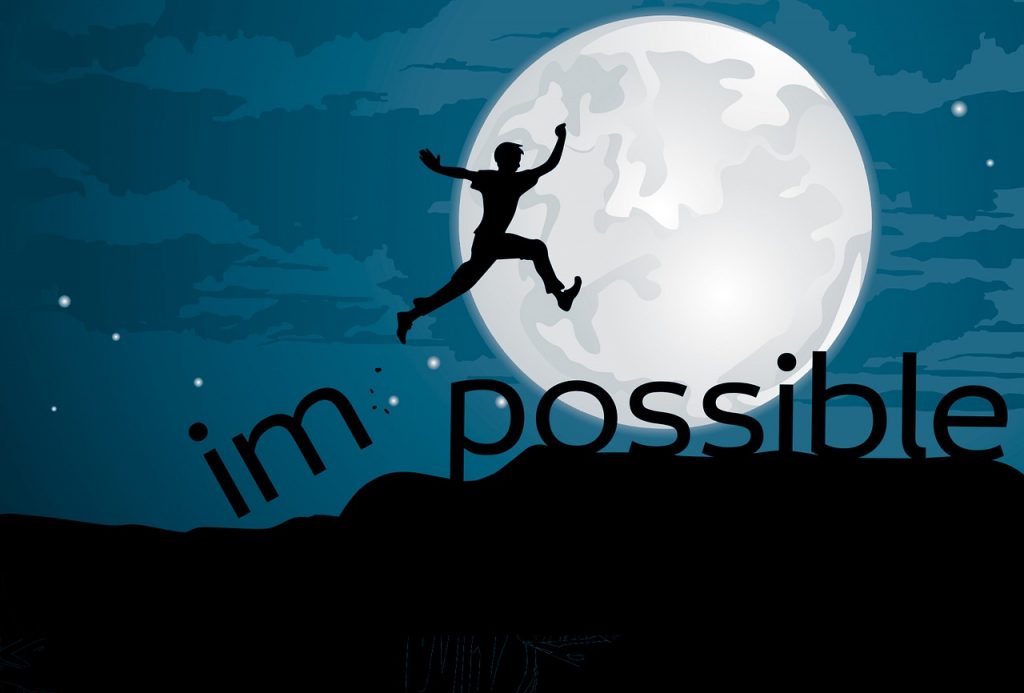
What are the benefits to decluttering and organising?
Evidence shows that by decluttering your space and getting organised, you can improve not only your mental health but your physical health as well. By reducing the number of unnecessary items in your space you are giving the items that you really love the chance to shine.
Clutter smothers. Simplicity breathes.
Terri Guillemets
These are only some of the immediate benefits to taking back control:

Which direction are you heading in?
Having a clutter free space can really be transformational. To put it simply, as you declutter and organise your space and your mind, that weight that has been holding you down begins to lift, and life just feels a bit lighter. You can begin to free up the physical and mental space in your life for the things that you love the most.
If you have been following all things Orka Living then you will know, I always like to end with an opportunity for you to question or challenge yourself. So, here we go… ask yourself, what three things can you do to improve your space, mind and mood for better mental health? (Awesome! Now go do them!)
If you would like to know more about how Orka Living can help you declutter, get organised, prepare for a new chapter or just be more in control of your life, get in touch for a chat.
Together we can move you from chaos to calm.

